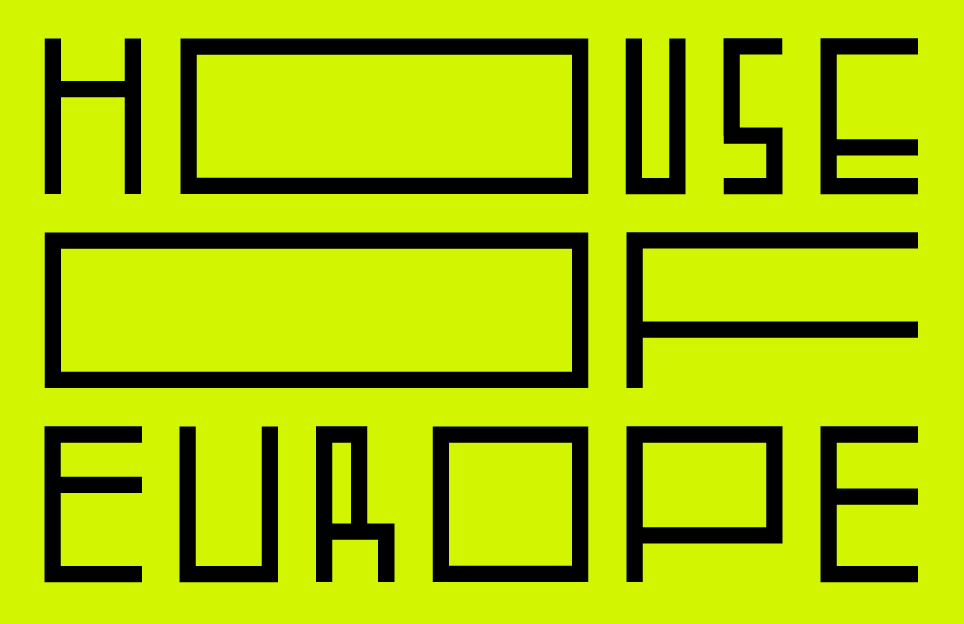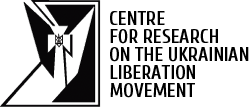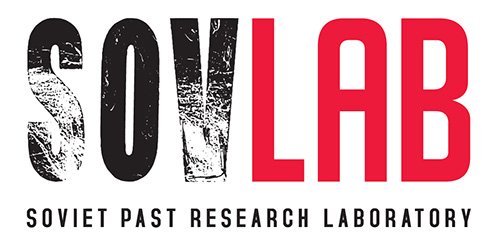
Green
International
agrarian party
1918
|
1938
The Agrarian Party was the most powerful political force in Czechoslovakia between 1918 and 1938.
Along with other European agrarian parties, it formed the International Agrarian Bureau, also referred to as the “Green International”, in 1921. The activity of the Agrarian Party was prohibited in Czechoslovakia after World War II, and so the Green International did not operate in the country. The communist regime in Czechoslovakia faced an economic and social crisis in the early 1950s with forced collectivisation of farming in the rural areas.
The regime used brutal repressive measures against various opposition movements: the Roman Catholic church, the kulaks and political opponents in the early 1950s. During the period, Czechoslovakia witnessed many political show trials following the model of the Soviet “trials” of the 1930s ― the Great Terror period.
У першій половині 1951 року було заарештовано кілька десятків осіб, серед яких католицькі письменники та поети Ладислав Єлічка, Бедржих Фучик, Зденек Каліста, Йозеф Кнап, Франтішек Креліна, Вацлав Ренч та Ян Заграднічек. Жоден із заарештованих ніколи не займався антикомуністичною діяльністю і не мав жодного стосунку до «Зеленого інтернаціоналу». Незважаючи на це, справа була представлена широкій громадськості як судовий процес «Зеленого інтернаціоналу».
Several dozen people were arrested in the first half of 1951, including the Catholic writers and poets Ladislav Jehlička, Bedřich Fučík, Zdeněk Kalista, Josef Knap, František Křelina, Václav Renč and Jan Zahradníček. None of those arrested had ever pursued any anti-communist activities, nor did they have anything to do with the Green International. Despite that, the case was presented to the general public as the Green International trial.

The arrested people were subjected to brutal interrogations and confessed their allegedly hostile activities. The main show trial took place in Brno from 2 to 4 July 1952, with 15 persons sentenced to imprisonment for many years. Other innocent people were convicted during subsequent trials. Most of the convicts were not released from prison until the President’s amnesty in May 1960.






Some of them sought rehabilitation in court in the 1960s and revealed the horrible investigation methods that StB used. Václav Prokůpek said in June 1963: “The investigators subjected me to physical and psychological abuse during my very first interrogation in Bartolomějská Street in Prague on 18 May 1951. The interrogation took from early morning to late night, with constant beating. The investigator was of a short build, stout, with a wart on one eyelid. The investigator wrote the first record with me on 23 May 1951. Having brought me to the interrogation room on 18 May 1951, the investigator told me to speak about my subversive activities.
When I asked what activities those were, he jumped at me and hit me in the face and in the stomach with his fist several times. Then he handcuffed me and abused me, screaming brutally. Then he knocked me to the ground and started kicking me, and then he took me by my hair and lifted me up. Then the interrogation continued in a peaceful manner, but when I would not confess, he stomped my toes with the heel of his shoe until he crushed my toenails; then he covered my eyes and beat me all over my body. He ordered me to do knee bends until exhaustion, and I was forced to scream, ‘I am a traitor of the nation, a spy and a murderer’ until I lost my voice completely”.






